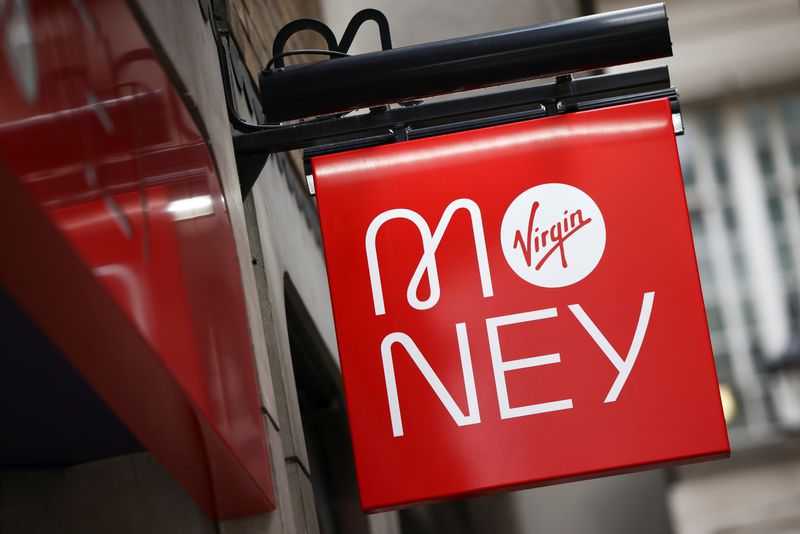This post was originally published on this site

Investing.com — Shares in Virgin Money (LON:VMUK) rose over 2% by mid-morning in London on Wednesday on indications that the U.K. government will scrap so-called ‘ringfencing’ requirements for smaller banks.
By 05:30 ET (10:30 GMT), Virgin Money stock was up 2.4%, the best-performing banking stock in Europe.
The requirements, which force banks to hold separate pools of capital to cover their retail and other banking risks, have been criticized in the past for raising costs for smaller banks in particular. The rules were introduced in 2015 as a response to the Global Financial Crisis of 2008, in order to ensure that banks didn’t expose their retail deposit base to risks in investment banking.
“We can make the U.K. a better place to be a bank, to release some of that trapped capital over time around the ringfence,” City Minister Andrew Griffith told a conference on Tuesday.
Griffith indicated that the measures would come as part of a broader liberalization package for financial services that aims to take advantage of the so-called “Brexit freedoms” now that the U.K. no longer has to abide by European Union regulation. The package is also set to include an end to the cap on bankers’ bonuses, and reforms to the Solvency 2 directive that regulates the amount of capital that insurers need to set aside for their investment risks.
Somewhat ironically, the ringfencing regulations were a British initiative, being the key recommendation of the Independent Commission on Banking’s report into the origins of the 2008 crisis. Similar measures planned by the EU, along the lines of a report drafted by EU Commissioner Erkki Liikanen, were rejected under pressure from the German and French banking lobbies.
The government only intends to scrap the ringfence for smaller lenders such as Virgin, TSB, and Santander U.K. As such, the country’s biggest domestic banks, such as Barclays (LON:BARC), HSBC, Lloyds (LON:LLOY), and NatWest Group (LON:NWG), will all still be subject to it.



